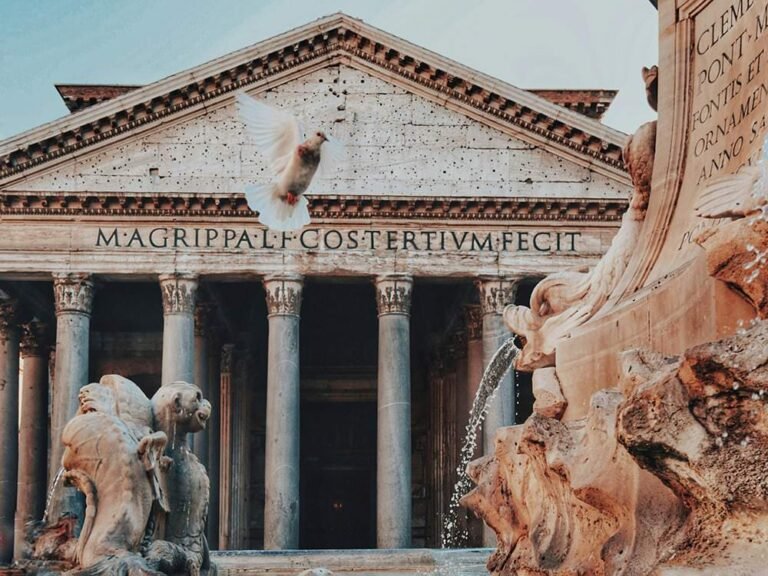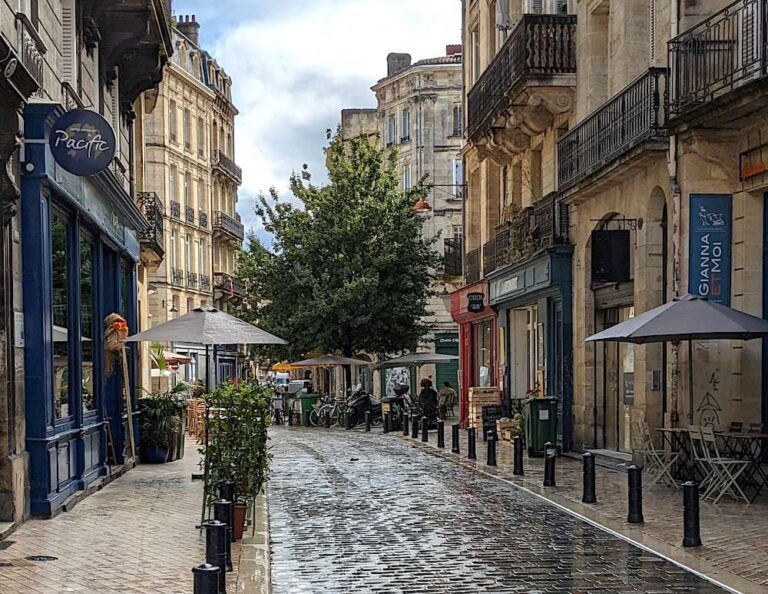where
Most French learners are familiar with the word for “where,” which is “où.” But how do you say “somewhere,” “nowhere,” “anywhere,” “everywhere,” “elsewhere,” and similar words?
- where – où
- Où sont les toilettes ? (Where is the toilet?)
- somewhere – quelque part
- Tu as quelque part où dormir ce soir ? (You have somewhere to sleep tonight?)
- nowhere – nulle part
- Le chemin ne menait nulle part (The path led nowhere)
- nowhere near – loin, loin d’être
- Loin d’être assez grand (Nowhere near big enough)
- La gare est loin de la cathédrale (The train station is nowhere near the cathedral)
- anywhere – quelque part, nulle part (with negative), où, n’importe où
- Avez-vous un cintre quelque part ? (Do you have a coat hanger anywhere?)
- Tu ne peux aller nulle part (You can’t go anywhere)
- Où tu veux (Anywhere you like)
- Le chat peut se cacher n’importe où dans la maison (The cat can hide anywhere in the house)
- everywhere – partout
- Il a voyagé partout (He’s been everywhere)
- elsewhere – ailleurs, autre part
- Il vient d’ailleurs (It comes from elsewhere)
- Il faut chercher autre part (You have to look elsewhere/somewhere else)






